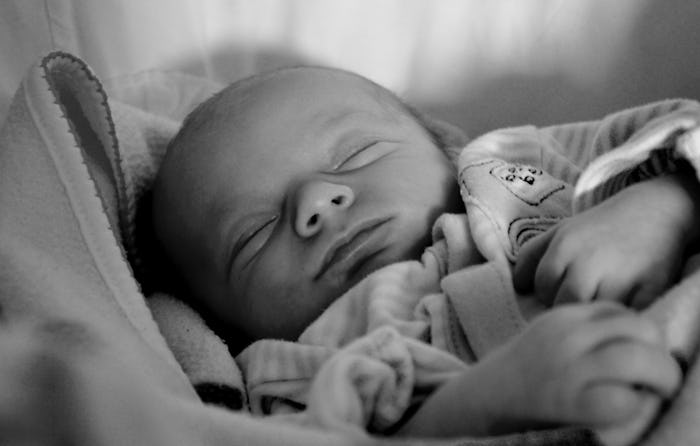When you’re a new parent, anything that can help you get a little more shut-eye is appealing. After a while, the sleep debt is so real that you’re trying not to snooze every time you go to the bathroom. So the idea of keeping your baby within easy reach at all times is very appealing. But is co-sleeping safe, and is it the right choice for you and your little one?
Unfortunately, there are no hard and fast rules about the safety of co-sleeping. Many organizations warn that co-sleeping may present dangers to your baby. For instance, according to the Mayo Clinic, babies who co-sleep are at risk of sudden infant death syndrome (SIDS) because the soft surfaces may impair breathing. And the organization is not alone in this assessment. According to the American Academy of Pediatrics, bed sharing is the most significant risk factor for SIDS in infants. This is scary news for any parent.
But co-sleeping still has its fans as well, and it’s a good idea for all parents to know how to go about it safely. After all, it’s common for exhausted parents to bed share without meaning to. You just go to comfort your baby for a minute and accidentally fall asleep. It happens. To make your bed as safe for co-sleeping as safe as possible, make sure your baby is on his back, away from pillows, and not in danger of falling off the bed, as explained by the National Institute for Health and Care Excellence (NICE). In addition, bottle fed infants should not sleep in bed with the parents, although a separate surface beside the bed is probably safe, as explained by the University of Notre Dame.
Overall, the decision to co-sleep with your baby is an individual judgement call. Thinking about your own sleep habits is important (if you’re prone to flailing around during an exciting dream, for instance, then maybe your kid is better off in a bassinet). And as always, feel free to discuss your options with a trusted doctor or other child care provider.
